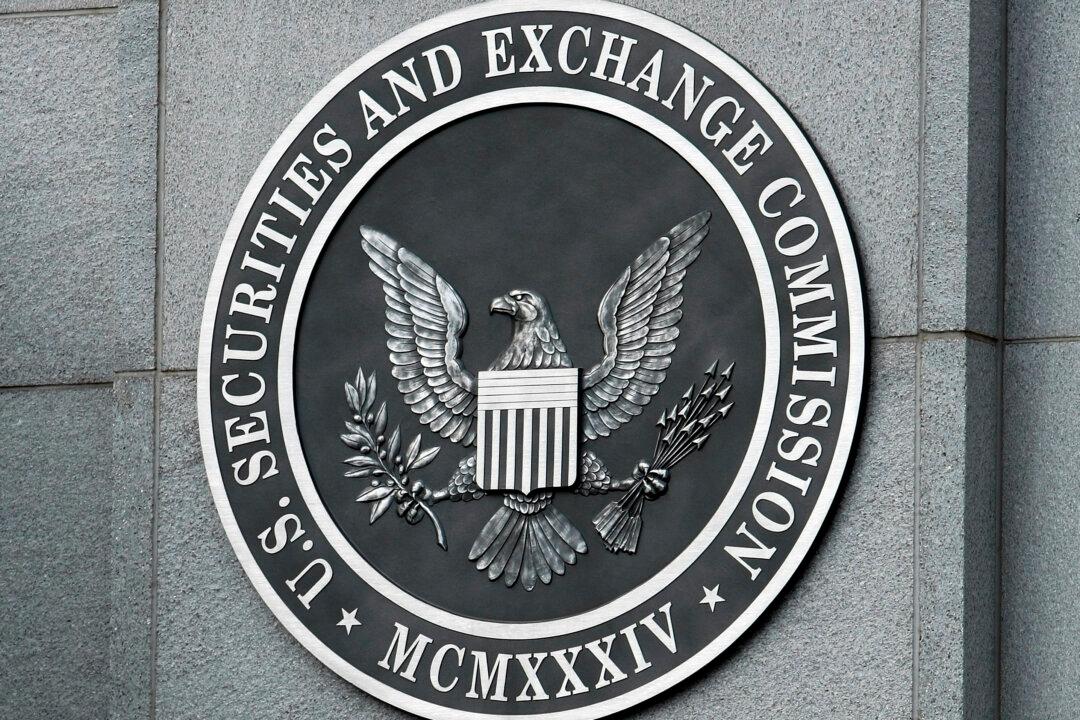Attorneys general from 18 states filed a lawsuit against the U.S. Securities and Exchange Commission (SEC) on Nov. 14, alleging that the regulator has overstepped its authority to crack down on cryptocurrency.
The lawsuit, which the states filed in collaboration with research and advocacy group DeFi Education Fund, named the SEC, its chairman Gary Gensler, and five commissioners as defendants.





